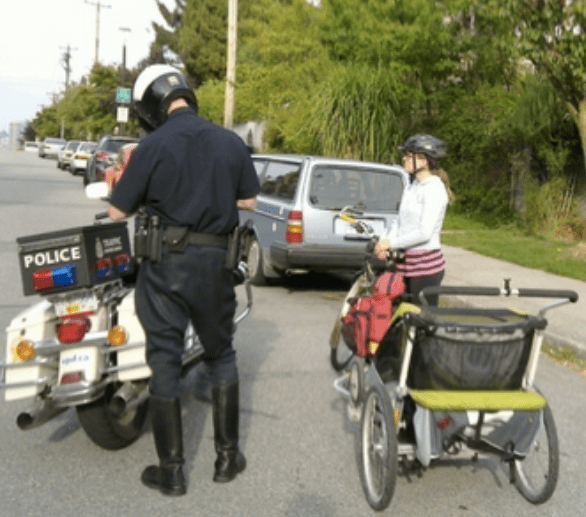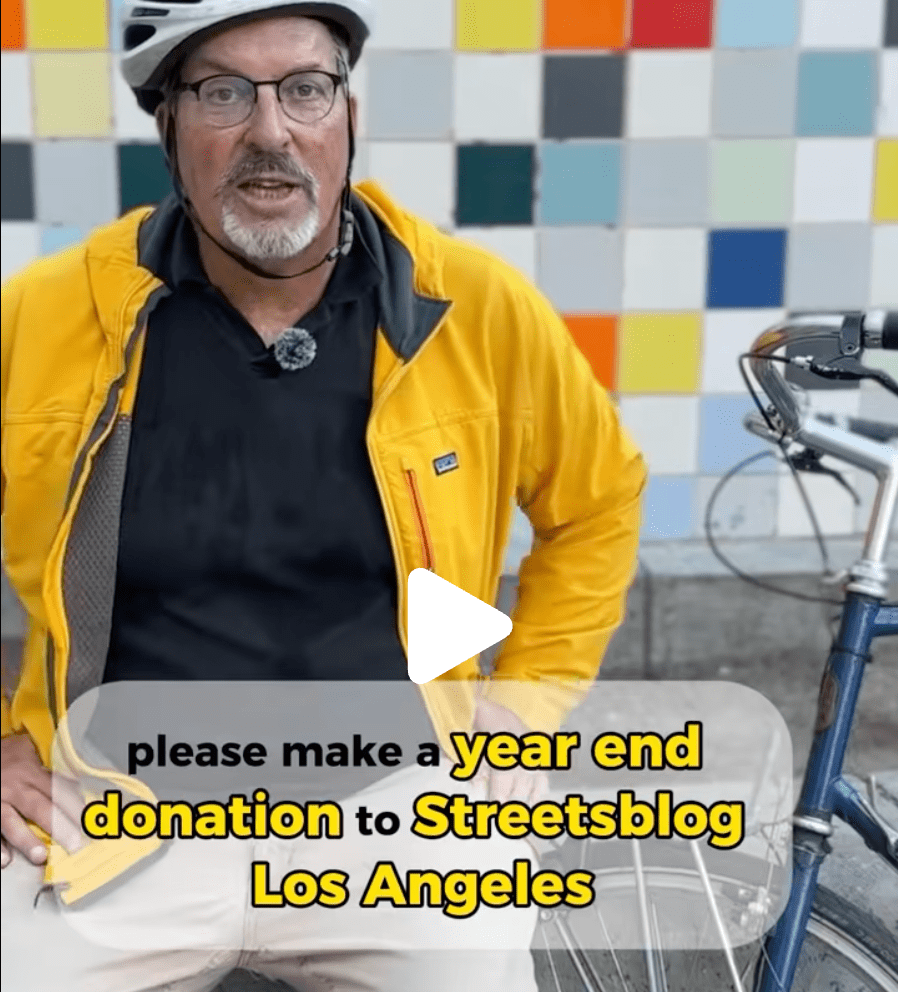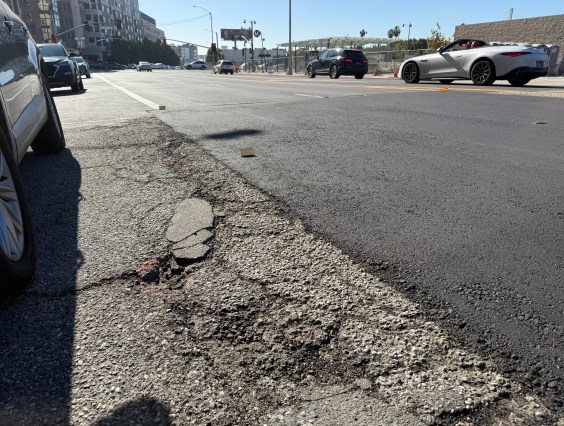A California bill passed in 2015 allows bicyclists who get ticketed to attend "bike traffic school" and reduce their fines, but currently there are few places where that is possible. The California Bicycle Coalition will present a webinar this Wednesday on how to get a diversion program started.
It's meant for bike advocates, law enforcement agencies, city planners, and anyone else interested in getting their local jurisdiction to create a bike education diversion program.
The webinar will take place at 10 a.m. on Wednesday, April 12, and it's free, but pre-registration is necessary.
A few places in California have experience with diversion programs, including some UC campuses, which have their own police departments and who deal with infractions and fines without going through the court system. But until A.B. 902 passed, it wasn't clear that California cities were allowed to offer an option other than paying fines.
Benefits of a diversion program include the option for bicyclists to take a class and avoid or lower what can be a hefty fine, but they go well beyond that. It is also an opportunity to educate and inform riders about safe bike riding. And it is an opportunity to strengthen relationships between police, the public, and bike advocacy organizations.
Bike Traffic School: Implementing Effective Traffic Diversion Programs in California will include a presentation by Robert Prinz of Bike East Bay, one of the sponsors of A.B. 902. Bike East Bay has worked for years with the University of California at Berkeley to offer League of American Bicyclist-certified classes to bicyclists who are ticketed for infractions on campus. Those classes are often open to the public, and Bike East Bay also runs one of the busiest and most successful bike education programs in the country.
The webinar will also include presentations by a representative of UC Davis, which runs an on-campus diversion program, and the Gilroy police department, which currently has a diversion program for youth. Jennifer Donlon Wyant, a planner with the city of Sacramento, will talk about that city's efforts to start a diversion program in concert with its move to tighten and enforce its ordinance on sidewalk bike riding.
"Every city has its own system that they use for processing tickets," said Prinz. "There are a lot of unique concerns about what it takes to create a diversion program."
"Outside stakeholders will need to work with police departments to work through some of the nuances," he added, explaining why CalBike is focusing on getting this information to community advocates and nonprofit partners. "They're not going to do it on their own; the groups that are going to [make it happen] aren't the police, but the elected officials and citizen groups."






